
Big data, tiny microbes, endless questions. Let’s dive in 🌀
🦠🧫

🦠🧫
go.nature.com/4n1DTY7

go.nature.com/4n1DTY7
Congrats to @anya-bogdanova.bsky.social on her first preprint from the Ley Lab @microbiome.bsky.social !
www.biorxiv.org/content/10.1...
Congrats to @anya-bogdanova.bsky.social on her first preprint from the Ley Lab @microbiome.bsky.social !
www.biorxiv.org/content/10.1...
For the first time, wild chimps have been pictured eating and sharing fruit containing alcohol
Guardian report below, and full study here 👉 www.sciencedirect.com/science/arti...
@acbowland.bsky.social @kjhockings.bsky.social

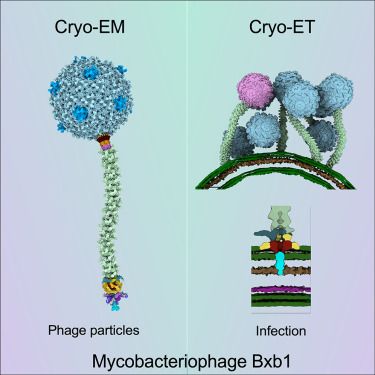
from the Deutsches Rheuma-Forschungszentrum Berlin
▶️More info: shorturl.at/0S9AB
📆: Friday 14th March, at 3pm
📍: MPI-Bio room 0A01
#DSSS
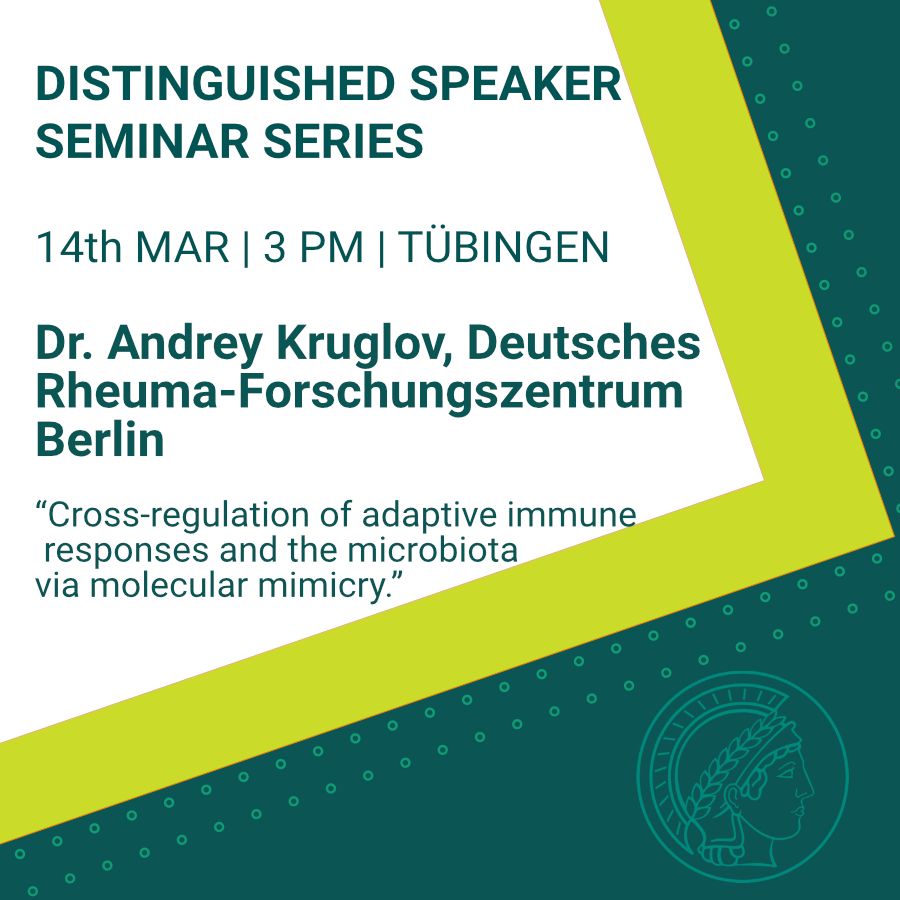
from the Deutsches Rheuma-Forschungszentrum Berlin
▶️More info: shorturl.at/0S9AB
📆: Friday 14th March, at 3pm
📍: MPI-Bio room 0A01
#DSSS
[PhD Position in Computational Evolutionary Transcriptomics]
If you are interested in doing a PhD in gorgeous Scotland on 'Why embryo development goes wrong sometimes?', please consider applying and join our wonderful team in Dundee!
www.dundee.ac.uk/phds/opportu...
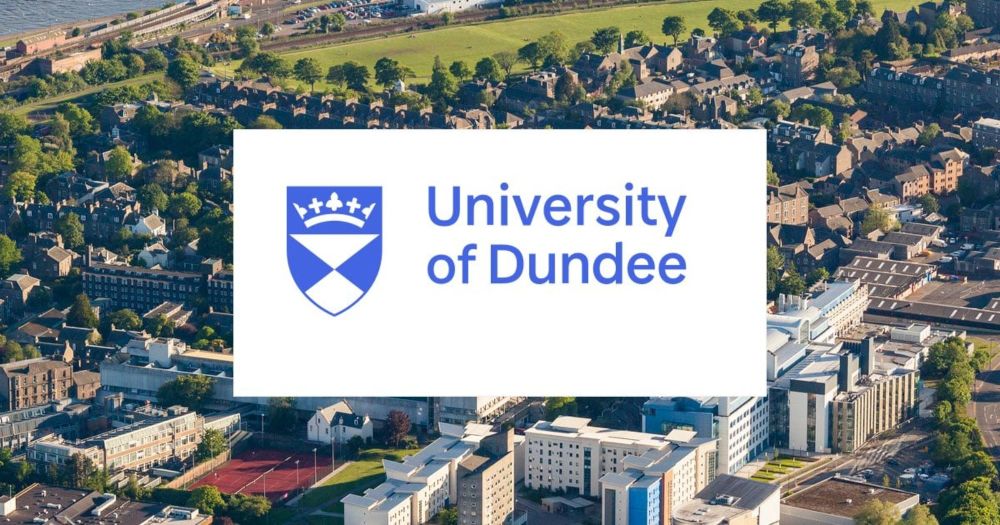
[PhD Position in Computational Evolutionary Transcriptomics]
If you are interested in doing a PhD in gorgeous Scotland on 'Why embryo development goes wrong sometimes?', please consider applying and join our wonderful team in Dundee!
www.dundee.ac.uk/phds/opportu...
www.cell.com/cell-host-mi...
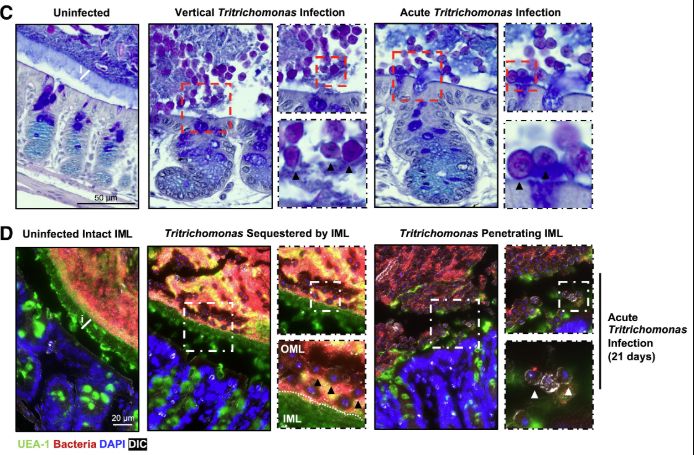
www.cell.com/cell-host-mi...
📅 16 – 19 Sep 2025
📍 EMBL Heidelberg and Virtual
📥 Submit your abstract by 24 June
➡️ https://s.embl.org/ees25-08-bl

She shows that flagellin in the human gut affects whether or not people develop fever in response to vaccine, and the amount of flagellin reflects diet

She shows that flagellin in the human gut affects whether or not people develop fever in response to vaccine, and the amount of flagellin reflects diet

📅 Submission deadline: April 17, 2025
📥Submit now: https://t.ly/kaRxY
#Bioinformatics #ComputationalBiology
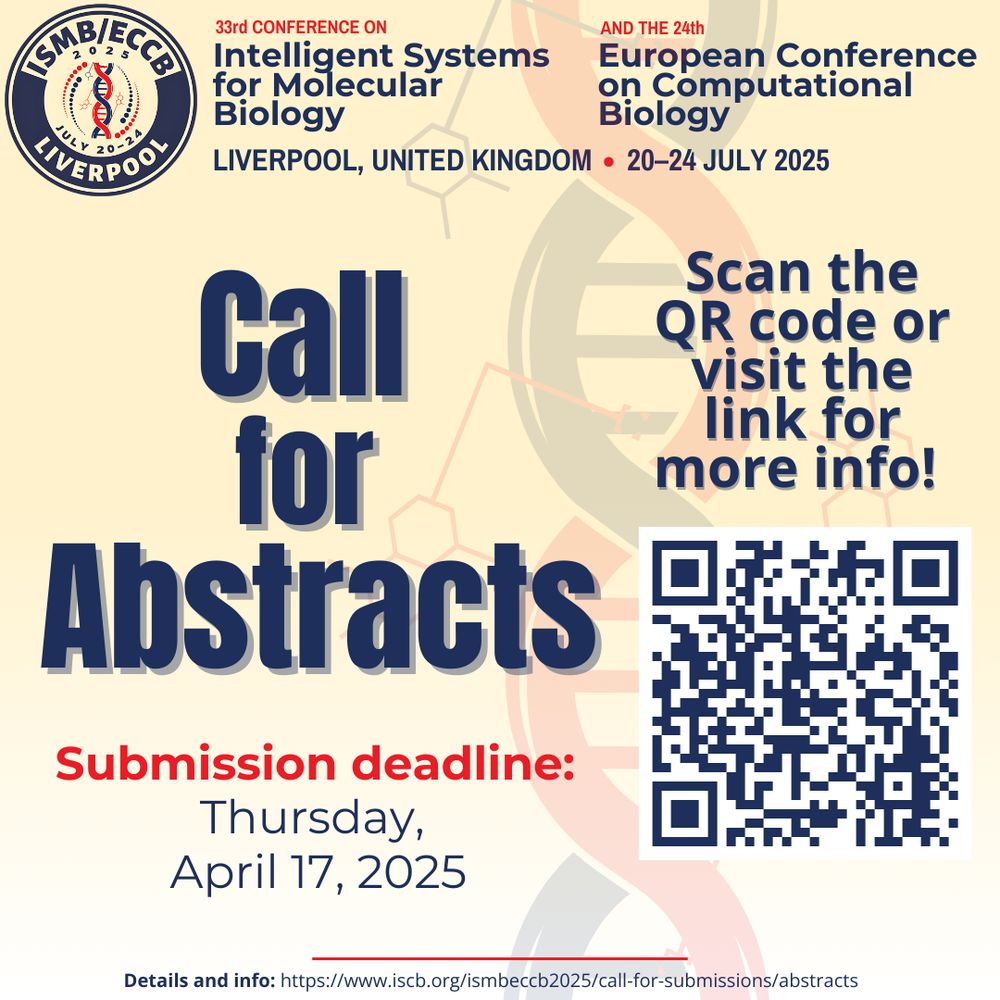
📅 Submission deadline: April 17, 2025
📥Submit now: https://t.ly/kaRxY
#Bioinformatics #ComputationalBiology

